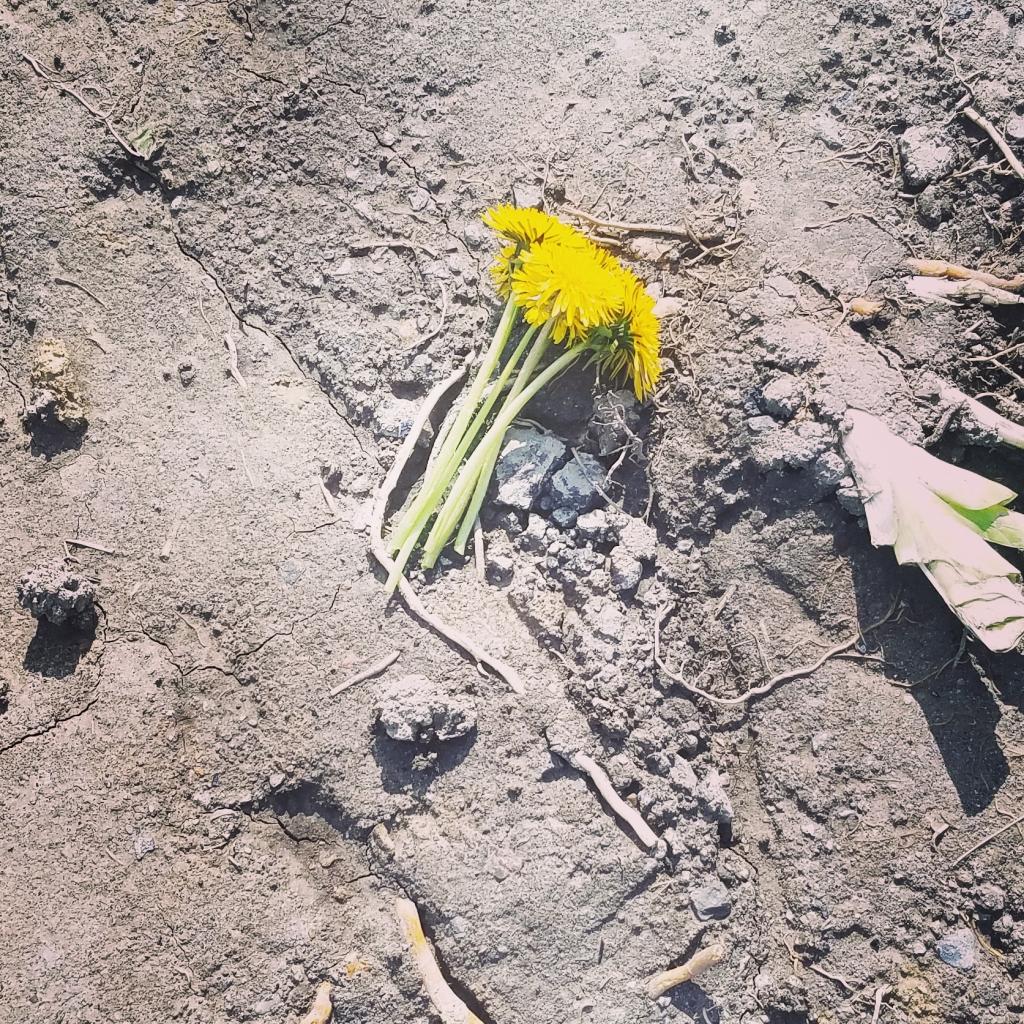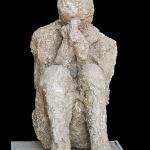Yesterday marks four weeks since my father died. He died on Easter Sunday, in the middle of a pandemic.
Usually we would have had our Easter dinner together with my parents and my daughters’ godparents at my house, but this Easter, due to the requirements of social distancing, we did not. So my children last spoke to my father through the window of my parents’ sun porch. Later I brought over a dinner box for my parents, and my father and I laughed together about the foolishness of people who hate dandelions.
Did I have a premonition that this was the last time I would speak with him? It is hard to say. Everything these days seems taut as wires, sensitive to the smallest reverberation. We go our ways dodging microbes, aware of the repercussions of a touch, a breath. It is hard not to have a general sense of doom.
Later that evening, his heart stopped. He stopped breathing. He died.
I could say, it is four weeks since he passed on, since he left us, since he went to a better place. But I dislike these euphemisms for death. They remind me of the mawkish unrealism Evelyn Waugh depicted in his satiric novel The Loved One, in which the funeral industry runs apace with the entertainment industry in its race to escape the rigorous demands of life enfleshed. No one in that world can be admitted to have died. There is no skull beneath the skin. The skin itself is plastered over with garish cosmetics, and embalmed in sentiment. And for all the frenetic energy poured into these monumental denials, it doesn’t work.
There is nothing really consoling about pretending a dead body isn’t really dead.
My father was a man of large contradictions and strong opinions, and one of those opinions was that one must beware of “nice.” “Nice is a four-letter word,” he liked to remind us. I don’t think he would want to be spoken of as having “passed on”, even if that kind of language makes people feel better. It is not “nice” to rub people’s noses in the inevitability of death. It is much nicer to speak vaguely, to pretend that our bodies are not trundling toward the grave, and that the grave is not a place where bodies swell, split, decompose, mummify. We don’t like to think about what happens to our bodies when we die but, believe me, when one has lost a loved one, we think about it. We can’t pretend it isn’t grotesque and horrifying.
In my family, we never made any secret of this. We were not and are not “nice.” We have all discussed at length how and where we want our dead bodies dealt with: whether buried in a pine box, composted, or burned and made into jewelry. My father wanted to be buried in the back yard and for my husband to dig his grave – near our Pet Cemetery, in fact – but that would not have been practicable, so the cemetery on the hill it was. I don’t really know that it makes it all that easier for us to accept death, because we are overt about it. Dad did not want to go gently to any good night, and neither do his children, but we’d rather at least be direct about what it is we fear.
For Christians who believe in the resurrection of the body it seems evasive to talk as though the body didn’t really die.
And whether one believes in an afterlife or not, pretending that death is not death is not helpful, in the case of bereavement. It sounds like a denial that loss is real, that grief is real. And this attitude of evasiveness may even actively contribute to the harm.
As the COVID-19 numbers keep rising, and thousands around our nation mourn the loss of those who died alone, I see thousands of others shrug off the gravity of these losses. Eighty thousand deaths, what’s the big deal? “No one cares,” one commenter said, regarding a report on local deaths.
I think our culture has been sheltered too long from the effects of our own irresponsibility. We have waged wars in remote regions, targeting poor brown people in foreign lands, rarely feeling the tragedy of war, or being reminded of our own helplessness in the face of brute mortality. Maybe our culture’s reluctance to be real about death is connected with our blithe willingness to mete it out, as long as we don’t have to see it. Whether it’s a Syrian refugee child blown to bits in a remote city or a COVID-19 patient gasping her last in a quarantined room, as long as we don’t have to see them we can go on acting as though they don’t matter. As though death doesn’t matter. As though there is no death – just a flutter of angel wings and a “passing on.”
My father did not pass on. He is dead. His body lies in a wooden box, in a concrete vault six feet beneath the sod, in the little cemetery on the hill that I can see from my kitchen window. This is not a flutter of angel wings. This is real as dirt and stone.
We buried my father with his pockets full of corn and bean seeds, as he was a gardener, a gardener who saved heirloom seeds every year, meticulously, religiously. He will never look forward to another harvest on this earth.
You could talk to me about the pockets full of beans and corn as a sign of hope, but I’m tired of this need to jump straight to hope without spending time in the dark, with our dead, with the memories that will recede day by day into the past and someday be forgotten. The Jewish custom of sitting shiva for the dead acknowledges that it’s a mistake to rush right out of the stage of grieving. Sometimes, let me be honest here, seeds are planted, and no harvest comes.
image is from the author’s personal collection













